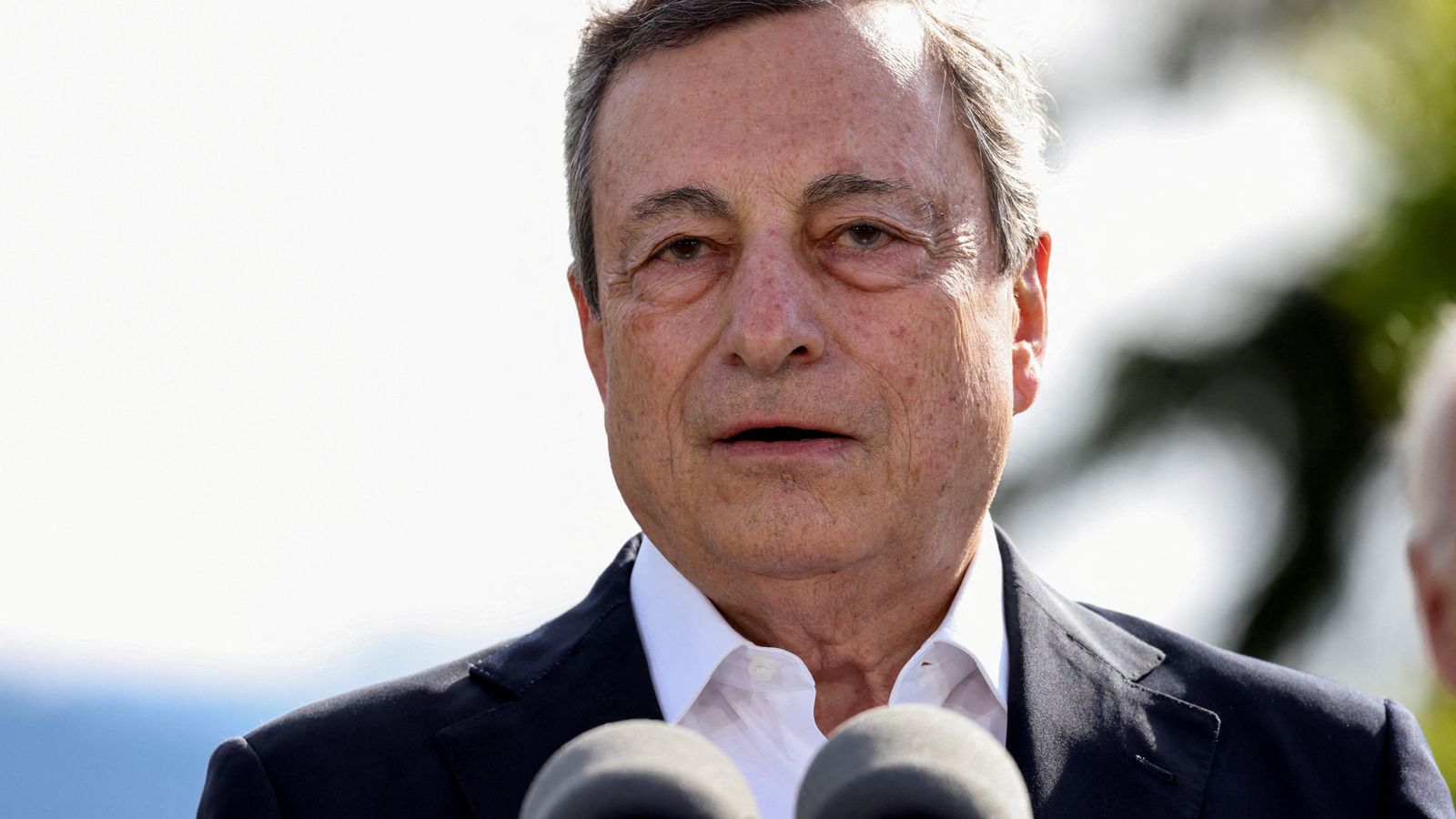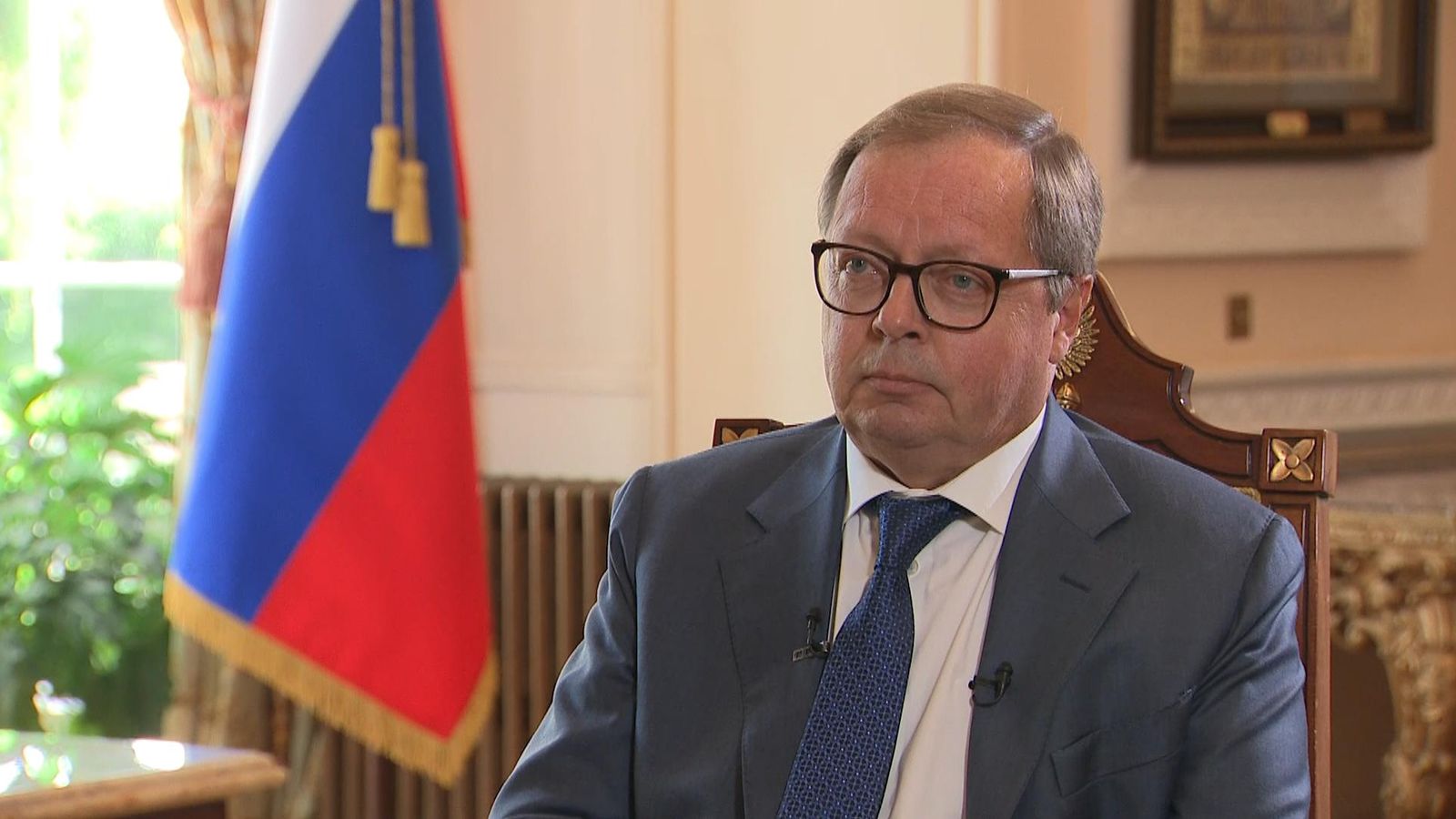Italy’s prime minister Mario Draghi has offered his resignation – but the country’s president has rejected it.
Mr Draghi, the widely respected former head of the European Central Bank, has been at helm of a broad coalition.
He said he would resign after a coalition ally pulled its support for the government earlier on Thursday.
However, President Sergio Mattarella turned down his resignation and told him to address parliament to get a clearer picture and see if he can still command a majority.
Mr Draghi could speak to parliament next week, most likely Wednesday, said Italian TV.
If the impasse can’t be resolved, the president could find a caretaker leader or dissolve parliament and call an election as early as September or October.
An election was already due by early 2023.
Tourist rescued after falling into Mount Vesuvius while trying to reach phone
A glacier collapse, cheese production under threat and an evaporating river – Italy is baking and it must adapt
Rescuers find body parts after deadly avalanche on Italian glacier
Mr Draghi won a confidence vote in parliament earlier but decided to resign after the 5-Star party boycotted the bill – designed to help Italians with soaring energy costs.
“I will tender my resignation to the president of the republic this evening,” Mr Draghi announced during a cabinet meeting, according to a statement by his office.
“The national unity coalition that backed this government no longer exists.”
The populist 5-Star party was the largest in the last election in 2018, but its support has fallen and it has complained that its interests are being ignored.
Mr Draghi, 74, is Italy‘s sixth prime minister in the last decade,.
Since coming to power last February, he has helped keep the country on track with reforms mandated as part of a €200bn coronavirus recovery package from the EU.
Giovanni Orsina, director of the school of government at Rome’s LUISS university, said the president would likely do everything in his power to get Mr Draghi to find a solution.
“We’ve got the pandemic, we got the war, we have inflation, we have the energy crisis,” she said.
“So certainly this is not a good moment. And also because [President] Mattarella believes, rightly, that his mission is to safeguard stability.”











